Leaving your dog at home can be one of those heart-wrenching moments that tugs at your guilt strings. You grab your keys, and your furry friend gives you those soulful eyes, as if they’re silently narrating a list of uncertainties and emotions. Dogs are intuitive creatures, and while they can’t verbalize their thoughts, it doesn’t take a pet psychologist to imagine the monologue spinning in their heads every time you step out. Here are 13 musings your dog might be having when you walk out that door.
1. Are You Ever Coming Back?
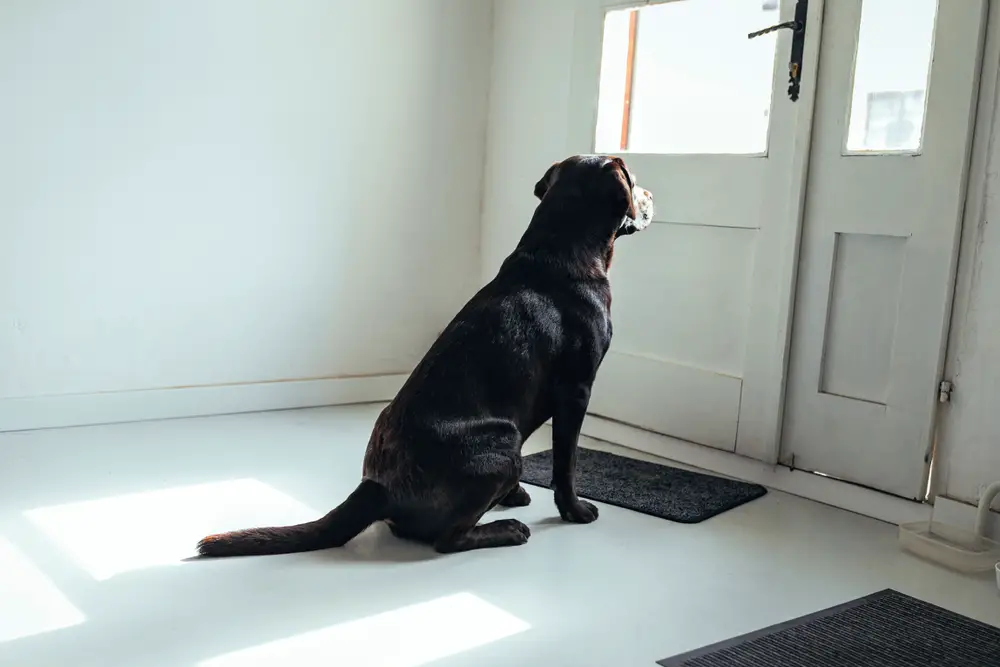
The first thought that crosses your dog’s mind when you leave is whether you’ll return. Dogs have a limited concept of time, making any period without you feel like an eternity. This worry stems from their evolutionary history as pack animals, always needing to be near their group for safety and comfort. While you know you’ll be back by dinner, they’re left with the uncertainty of when that reunion will occur.
A study published in the journal Applied Animal Behaviour Science found that dogs demonstrate stronger attachment behaviors the longer their owners are away. This suggests that not only do they miss you, but they also form a deeper bond with each absence. It’s a testament to their loyalty and an indicator of the companionship they crave. So, remember that each goodbye is a chapter in their day, marked by the anticipation of seeing you again.
2. Does This Mean No More Treats?
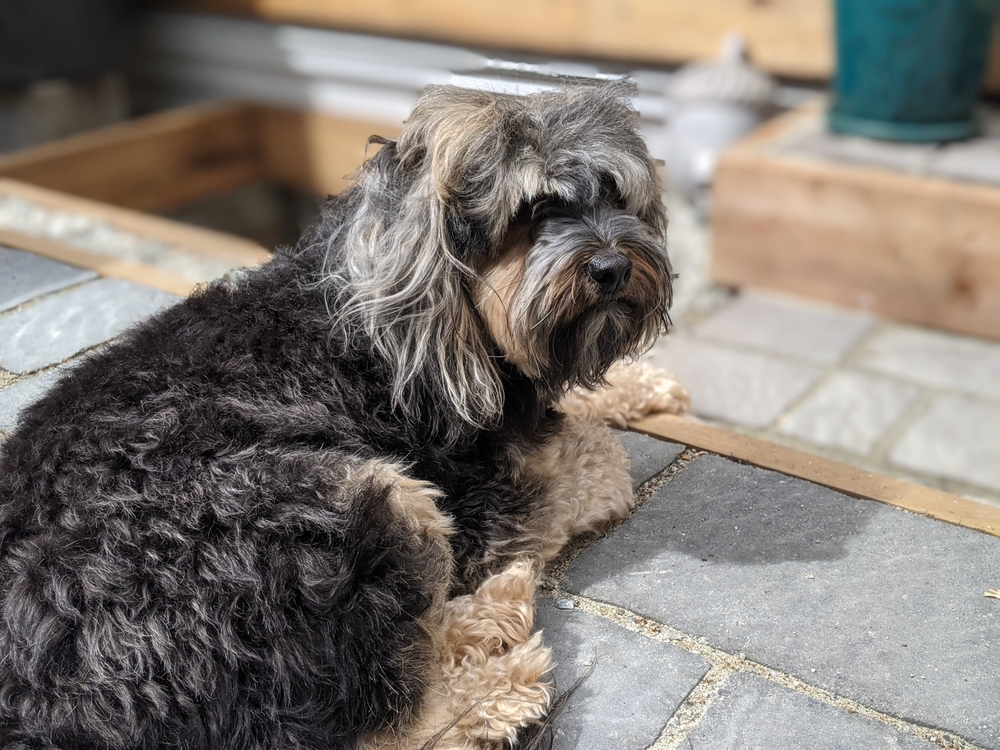
As you leave, your dog might be pondering if there’s any chance they’ll receive a treat upon your return. You’ve probably conditioned them to associate your arrivals and departures with tasty rewards, and their keen sense of smell heightens this expectation. In their mind, every click of the door might just be the prelude to snack time. They patiently await your return, hoping their patience will be rewarded with a delicious morsel.
Dogs have an extraordinary ability to associate actions with outcomes, and you leaving the house is no different. While you go about your day, your dog might be fixated on that treat jar, considering their odds of getting a reward. This habit not only strengthens your bond but also provides them with a sense of routine and predictability, essential for their mental well-being. So next time you grab your keys, remember that your dog’s expectations are as high as their hopes for a tasty treat.
3. Is This Goodbye Forever?
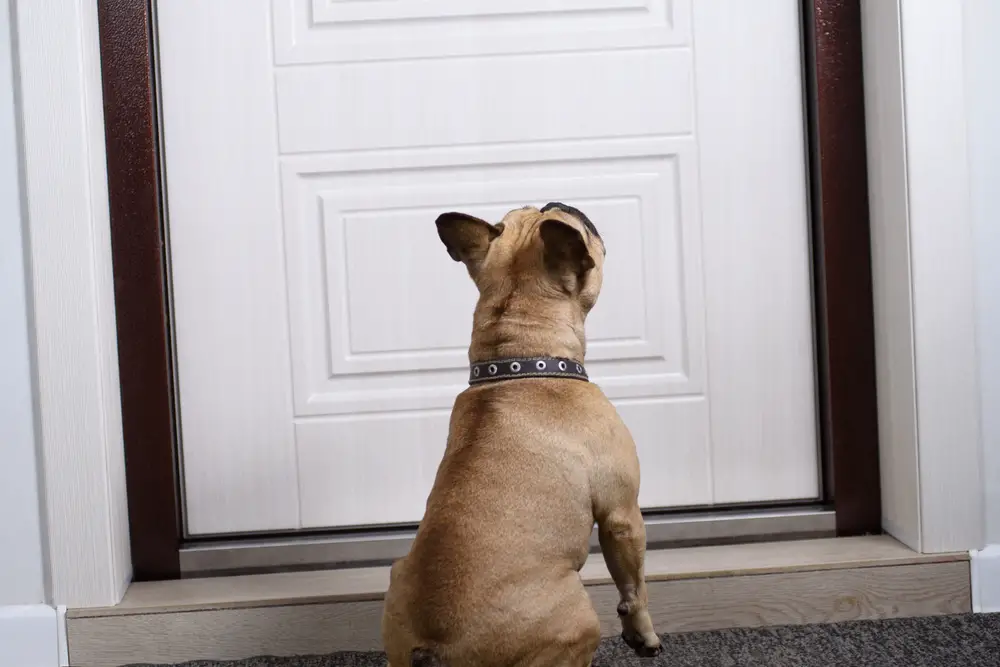
In a dog’s world, your daily departure might feel more like a potential permanent farewell. Their understanding of “goodbye” doesn’t include the nuances of going to work or running errands. Each time you leave, they might experience a small pang of anxiety, wondering if this is the last time they’ll see you. This stems from their deep-rooted survival instincts, which prioritize the presence and protection of their pack.
Research conducted by the University of Bristol highlights that dogs with separation anxiety often display signs of distress when their owners leave. This suggests that while some dogs may be more anxious than others, the thought of you never returning is a genuine concern. Thankfully, most dogs learn over time that you always come back, but that initial worry is hardwired into their relational nature. Ensuring a comforting routine can help ease this anxiety and reassure them of your return.
4. Who Will Feed Me?
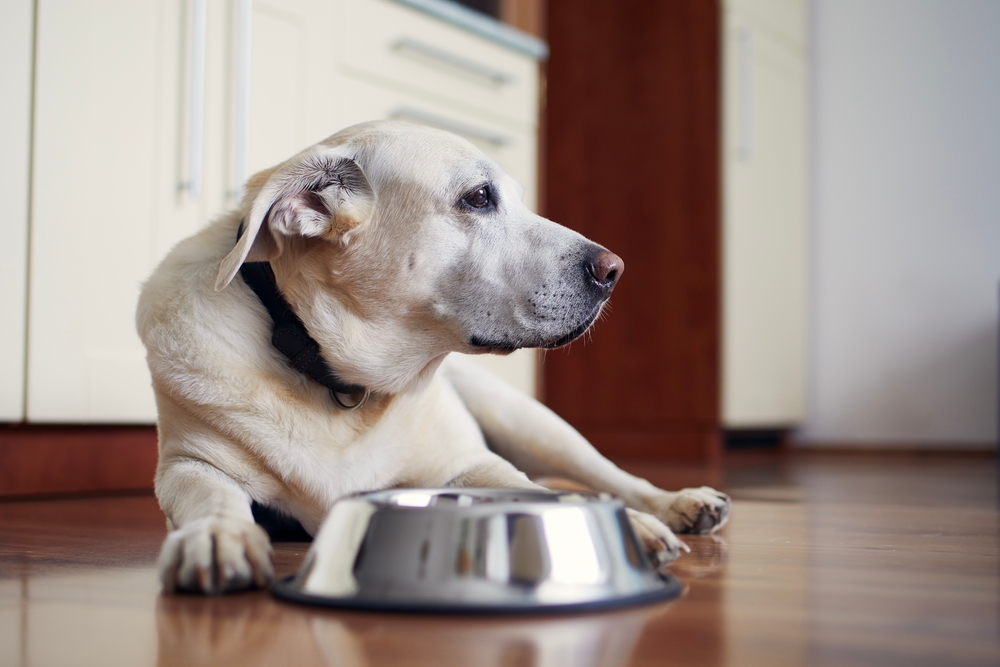
Every time you step out, your dog might be calculating their next meal, wondering who will fill their bowl. Despite their eternal optimism, the wait can feel never-ending without you around, the keeper of all things delicious. Your dog relies solely on you for their sustenance, making your departure a moment of uncertainty about their next meal. However, their trust that you’ll provide is unwavering, and they eagerly await that familiar clink of kibble.
Dogs have a finely tuned internal clock that tells them when it’s mealtime, and any deviation from this routine can throw them off balance. While they might not understand the concept of time, they do recognize the cycles of their daily schedule, with meals being a central highlight. So, as they watch you leave, they’re already dreaming about their next culinary experience under your care. Ensuring they have enough food and water before you leave can help ease this food-focused concern.
5. What If There’s a Squirrel?
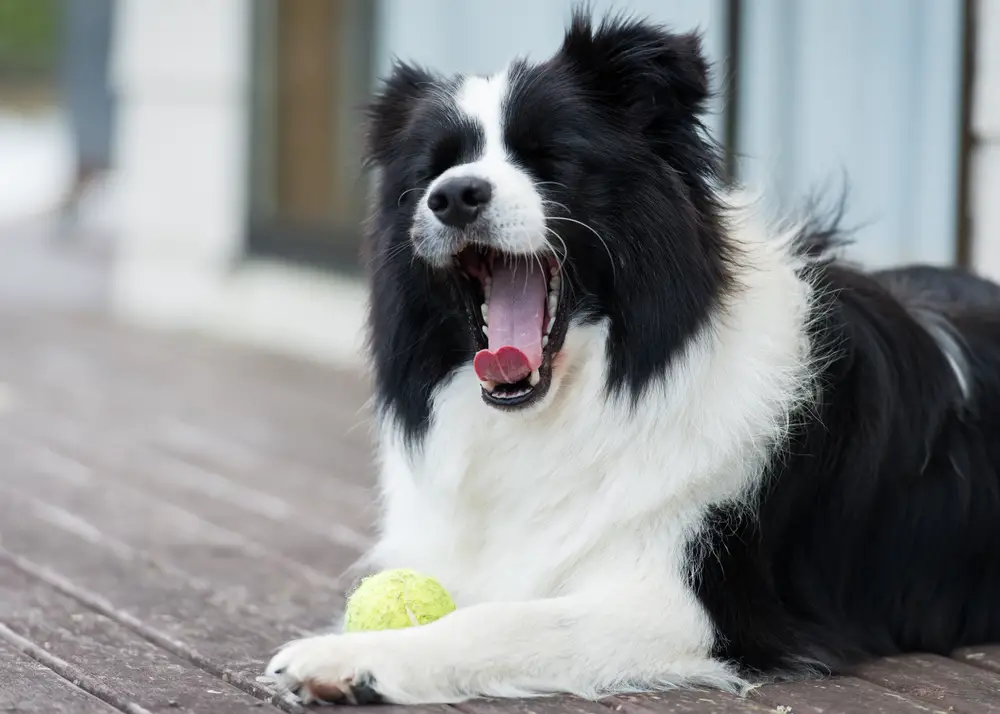
As your dog watches you walk out the door, they might be wondering about the exciting possibility of a squirrel invasion. Without you there to alert, their self-appointed role as the household’s guardian feels especially crucial. The thought of missing out on a backyard adventure or failing in their protective duties can be distressing. Your dog’s natural instincts to hunt and protect are ever-present, even when you’re not around.
A study by the University of Copenhagen found that dogs with higher prey drive are more likely to remain alert and active, even in their owners’ absence. This inclination to be on constant watch for intruders, like the elusive squirrel, keeps them mentally stimulated while you’re away. It’s a reminder that their loyalty isn’t just in companionship but also in their dedication to keeping the home safe. So, the next time you leave, know that your dog is on high alert, ready to defend their territory from any furry trespassers.
6. Who Will Scratch My Belly?
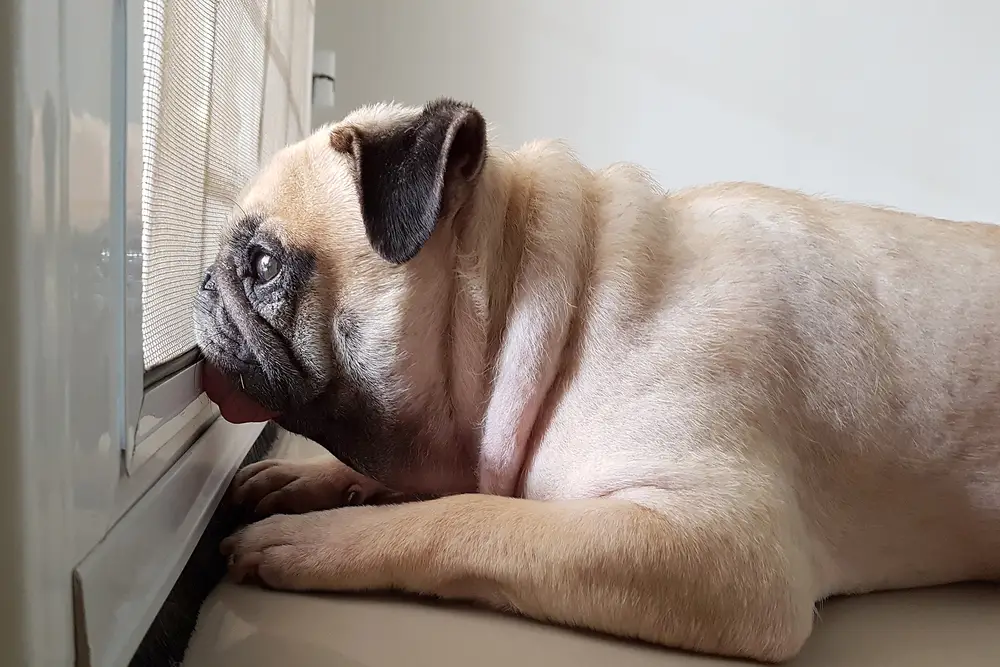
As the door closes behind you, your dog might be pondering who will satisfy their need for belly rubs. They thrive on physical affection, which not only comforts them but also reinforces the bond they share with you. This tactile interaction is crucial to their emotional health, and your absence leaves a noticeable void. They might even roll over in your favorite chair, hoping to recreate the sensation of your presence.
Dogs are pack animals that rely on contact and closeness for emotional security, and belly rubs are one of their favorite forms of this connection. While you’re away, they may seek out a warm spot or a cozy blanket that carries your scent, trying to find a semblance of comfort. Remember, belly rubs aren’t just a fun pastime; they’re a vital part of your dog’s emotional well-being. So, when you return, make sure to make up for lost time with plenty of affectionate scratches.
7. Will You Remember Me?
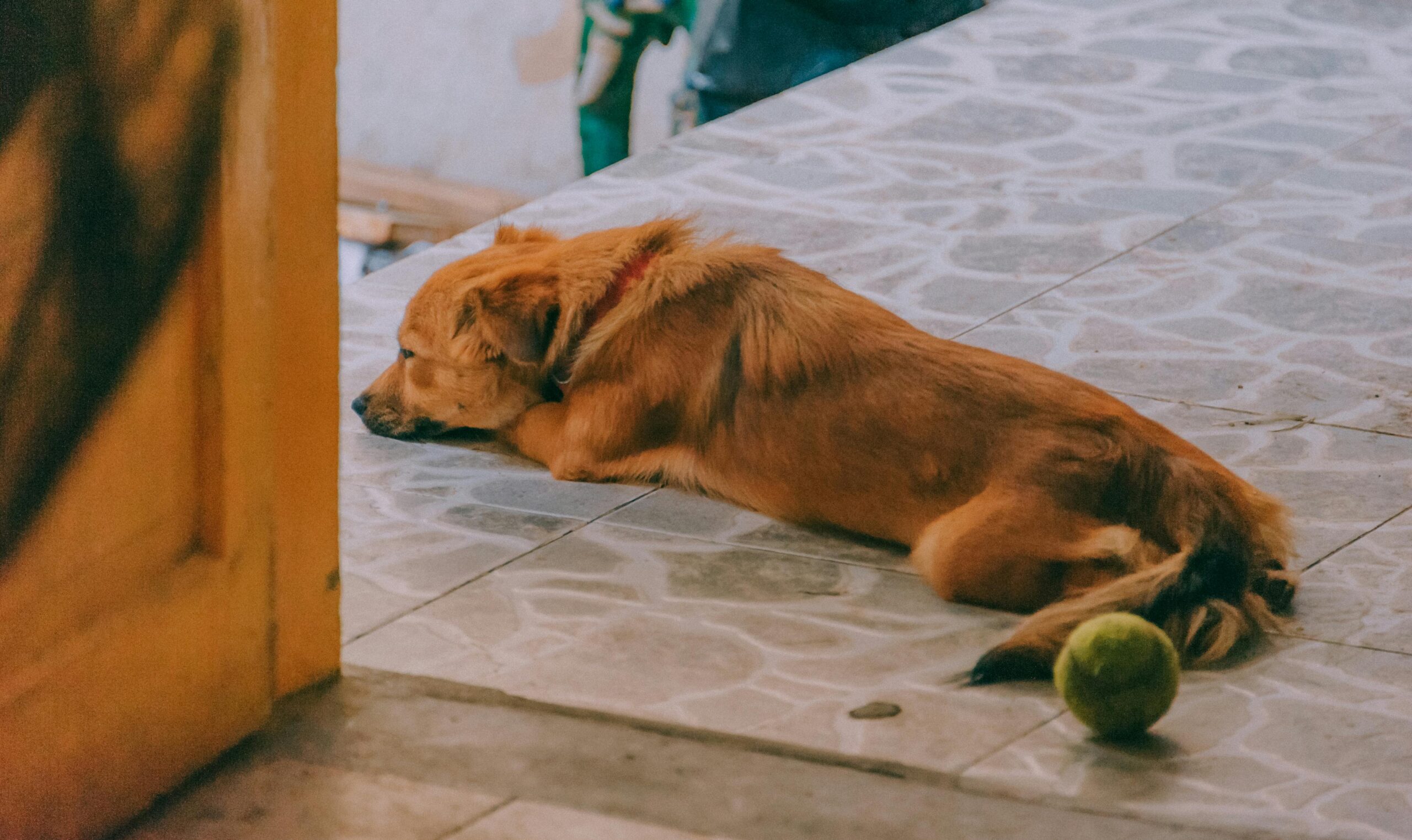
Your dog might worry, albeit irrationally, that you’ll forget about them while you’re away. Despite the deep bond you share, their limited understanding of your world can lead to insecurities about their place in it. Each goodbye might feel like a test of your devotion, making your reunion a reassuring affirmation of their importance in your life. This thought isn’t born out of doubt in you, but rather their immense love and reliance on your companionship.
Research in the journal Animal Cognition shows that dogs have a remarkable memory for human faces and emotions, proving that their concerns about being forgotten are unfounded. Nonetheless, their worry highlights the depth of their attachment and desire to remain a central figure in your life. By consistently showing your love and care, you reassure them that they’ll never be pushed out of your mind. This not only strengthens your bond but also helps ease their separation anxiety.
8. How Long Will You Be Gone?
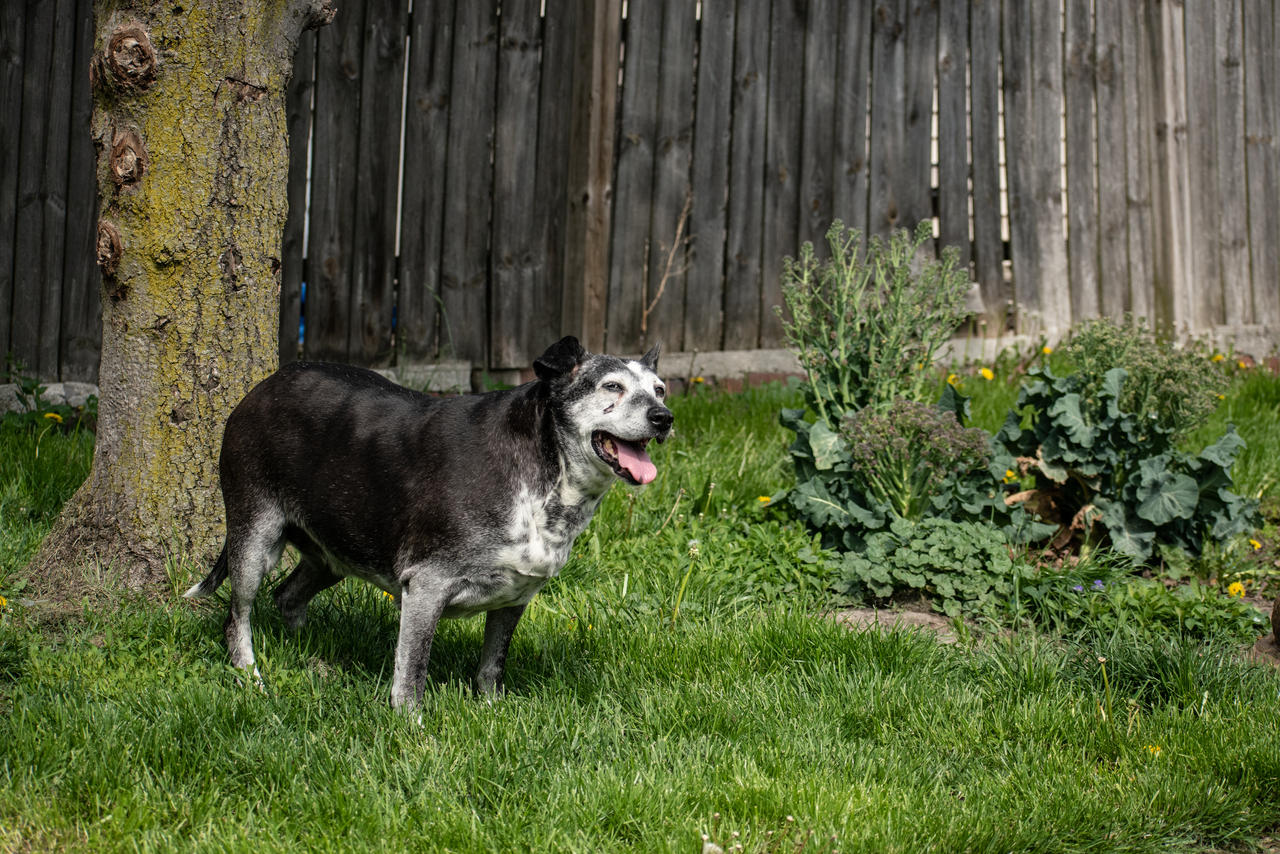
Without a watch or calendar, your dog is left guessing how long you’ll be gone each time you leave. They sense the passing of time differently, often judging it by the light through windows or the sounds of the neighborhood. This uncertainty contributes to the anxiety some dogs feel, not knowing whether you’ll be back soon or if hours will stretch into what feels like days. While they can’t articulate their concerns, their anticipation of your return is palpable.
Dogs are creatures of habit and routine, thriving on the predictability of daily life. When that routine is interrupted by your absence, it can lead to stress and confusion. Providing them with a consistent schedule and familiar cues can help mitigate their worries about time. Over time, they’ll learn to trust that you’ll always return, even if they can’t quantify the minutes or hours.
9. What if the Mailman Comes?
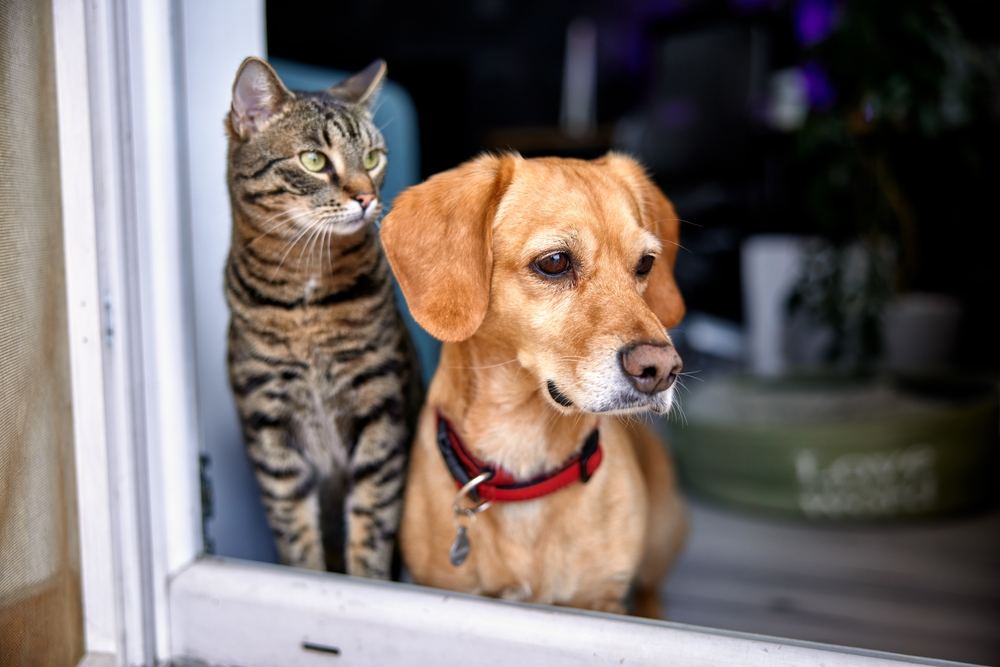
Your dog might consider the potential visit from the mailman as soon as you leave. They’ve likely made it their mission to bark at the mailman, a daily ritual that provides them with a sense of purpose. Without you there to help moderate their enthusiasm, they are left to tackle this task solo. This thought keeps them alert, ready to leap into action at the first sign of an intruder, even if it’s the friendly mail carrier.
The presence of the mailman is one of those predictable elements in a dog’s day that they look forward to, despite its repetitive nature. This routine provides structure to their day, offering a moment of excitement and a job to do. By allowing them to engage in these instinctual behaviors, you’re not just giving them a task, but also a way to express their instincts. So, while you might see the barking as unnecessary, your dog views it as an essential part of their daily life.
10. Can I Trust You?
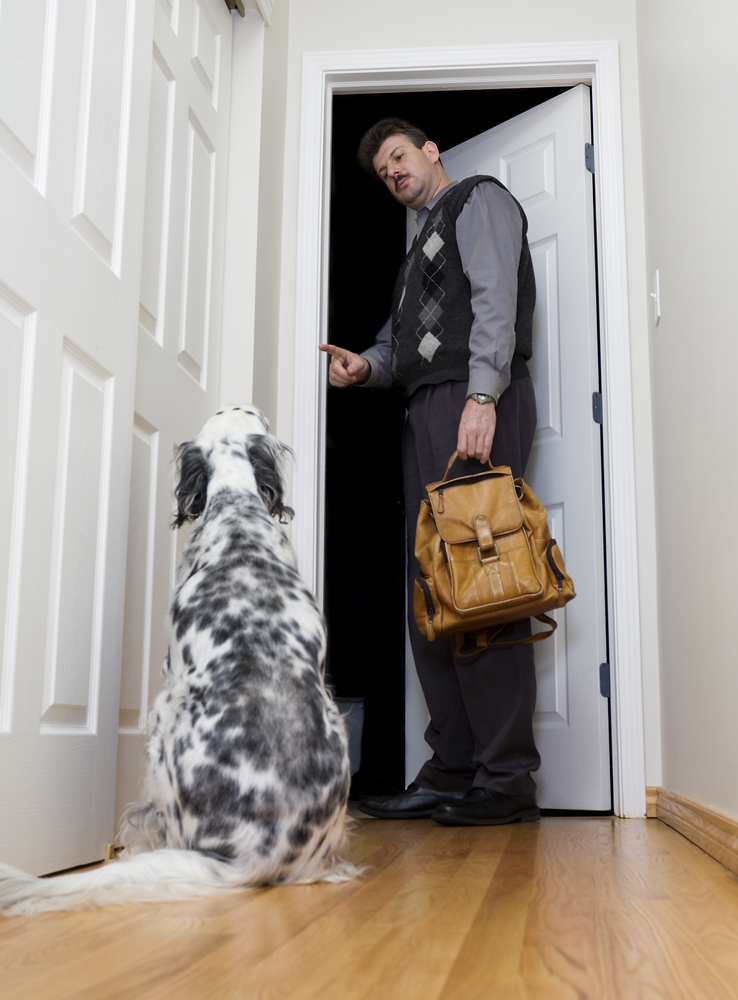
Dogs have an innate need to trust their humans, and each parting is a silent test of that trust. They might question if you’ll return, even though experience tells them you will. This concern is rooted in their dependence on you for safety, love, and care. While they remain hopeful, the anxiety is a testament to the strong bond you’ve cultivated together.
Building trust with your dog is a continuous process, reinforced by consistent behavior and reassurance. Over time, your dog learns to rely on the pattern of your departures and returns, which helps alleviate their separation-related anxiety. Keeping departures and arrivals low-key can also help reinforce the idea that coming and going is a normal part of life. In doing so, you’re affirming the trust that’s at the heart of your relationship.
11. Why Do You Leave Me?

Your dog might wonder why you choose to leave them behind when you step out of the house. They likely don’t understand the concept of work or errands, only that you’re leaving them alone in their domain. This thought can make them feel momentarily abandoned, left to fend for themselves in a world that revolves around your presence. But despite their confusion, they still eagerly await your return, preferring any time with you over being alone.
This feeling of being left behind is mitigated by the knowledge that your dog knows you’ll always come back. They trust in the routine you’ve established, even if it means a temporary separation. To them, your return is the highlight of their day, a reminder that you value their companionship as much as they value yours. So, while they might ponder your reasons for leaving, they always forgive you once you’re back.
12. I Feel All Alone

The prospect of loneliness is likely to cross your dog’s mind each time you leave the house. Dogs are social animals, and isolation can be distressing for them, especially if they’re used to constant company. While they might not fully grasp the concept of loneliness, they certainly feel its effects, often through boredom or restlessness. Their worry isn’t just about being alone, but missing the person who is their whole world.
To combat loneliness, dogs often turn to toys or familiar scents to keep them company in your absence. These items serve as placeholders for the companionship they crave, providing comfort until you return. As their owner, providing engaging activities or leaving the radio on can help ease their solitude. This way, they know that while you may be gone, they’re never truly alone.
13. Do You Still Love Me?
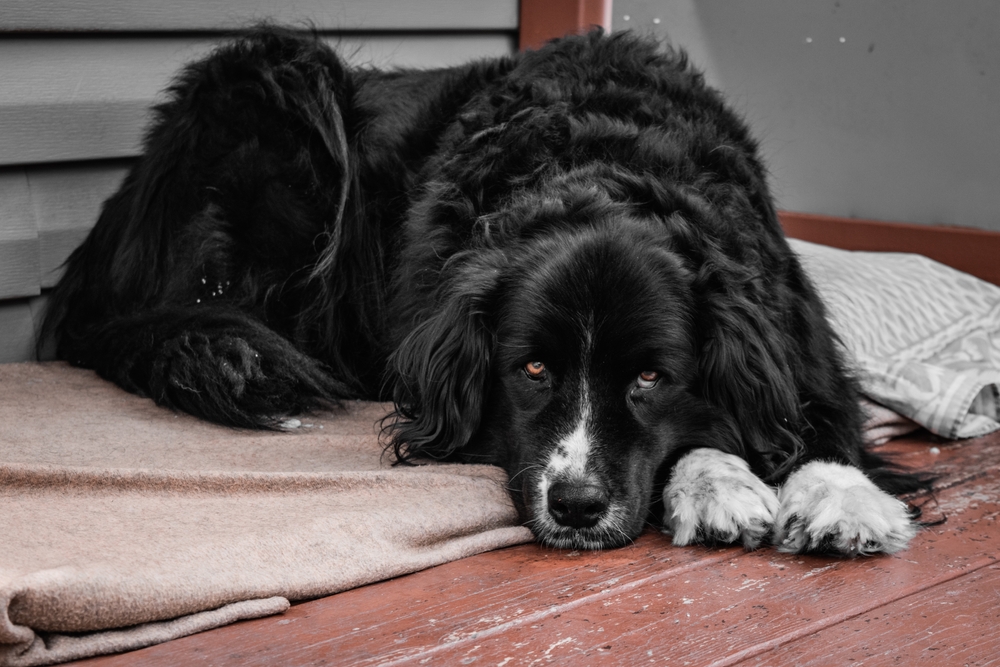
Lastly, your dog might wonder if they still hold the coveted title of your favorite. Each departure is a moment of uncertainty about their place in your heart, even if their fears are unfounded. They might think about the other distractions in your life, pondering whether they still reign supreme in your affections. This concern, while irrational, signifies the depth of their attachment to you.
Reassuring your dog upon your return, with affection and attention, helps affirm their place in your world. Despite their worries, the joy they exhibit when you walk back through the door is a testament to their unwavering love. In their eyes, you’re their favorite, and they hope the feeling is mutual. Each reunion is a renewal of your shared bond, reminding them that they are, and always will be, your cherished companion.
